Press Forward Announces Recipients of its Open Call on Infrastructure
(JULY 16, 2025) – Press Forward today announced $22.7 million in funding in its Open Call on Infrastructure to 22 projects that address the urgent challenges local newsrooms face today.
Several recipients are working to protect a free and independent press, ensuring newsrooms have safety protocols in place when covering protests like the recent events in Los Angeles, the mental health services to help reporters heal from trauma and burnout and legal resources to face challenges to their reporting. Another ensures that newsrooms are prepared to cover crises and natural disasters like the recent Texas floods, using lessons from North Carolina to build a newsroom playbook.
Others are strengthening newsrooms’ sustainability – tackling revenue and operations challenges so the field can thrive long-term. One project, for example, borrows lessons from other sectors, like hardware stores and breweries, to strengthen worked-owned media outlets. Meanwhile, immigrant-serving outlets are coming together to test and spread revenue models. And another effort will help local news outlets preserve their stories, so that communities have access to them even if the publication ceases to exist.
The full list of recipients is below and online at pressforward.news/infrastructure25.
With more than 550 submissions, this Open Call revealed the pressure points in the field, where rapid change has impacted most facets of the industry, said Dale Anglin, Press Forward’s director.
“Today’s local newsrooms are much smaller than 25 years ago yet must do more with less – particularly due to rapid changes in technology and demands of a 24-hour news cycle,” Anglin said. “These projects represent a range of solutions that are needed to meet urgent challenges. We hope these awards can provide local newsrooms, organizations, and journalists with shared resources that strengthen their efficiency and capacity. We also want funders and donors to understand that reimagining and strengthening the field requires a wide range of solutions.”
Launched in the fall of 2023, Press Forward is working to reimagine local news nationwide. Together, more than 90 funders – from local community foundations to national foundations to individual donors – have invested more than $200 million in the sector, including in news outlets in every state.
Support for the Open Call on Infrastructure comes from Press Forward’s Pooled Fund, whose first grant opportunity last fall invested $20 million in the country’s smallest newsrooms – one in every state – to help them close coverage gaps in rural and urban communities.
After that, Press Forward turned to look more broadly at the local news ecosystem. Much of the infrastructure in local news – whether it helps earn revenue, grow audience, or care for people – was built for a different era. Rapid changes have impacted every facet of the news industry. The Open Call sought to fund solutions that will launch and sustain the newsrooms of today.
For more information, visit pressforward.news/infrastructure25.
About Press Forward
Press Forward is a nationwide movement to strengthen our democracy by revitalizing local news and information. Press Forward’s growing coalition of funders has committed to invest more than $500 million to strengthen local newsrooms, close longstanding gaps in journalism coverage, advance public policy that expands access to local news and scale infrastructure the sector needs to thrive. Named one of Fast Company’s Most Innovative Non-Profits of the Year, Press Forward is housed at The Miami Foundation. For more, visit pressforward.news.
Contact: Marika Lynch, marika@pressforward.news, 305-898-3595
Images: Available upon request.
The Open Call on Infrastructure grantees are:
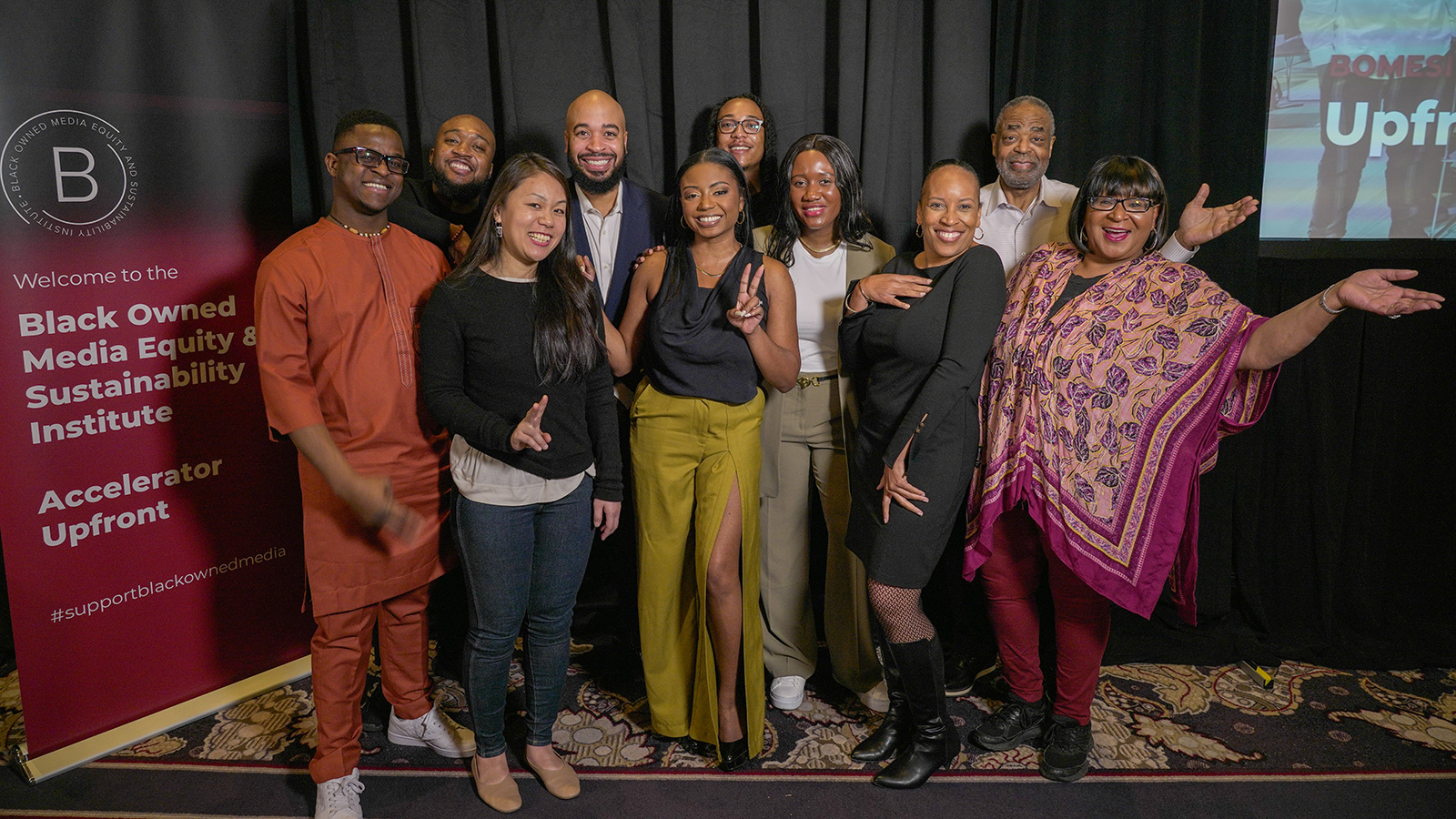
BOMESI
Award: $750,000
To increase revenue for local news outlets serving Black and diverse communities by expanding a tested ad network that centralizes ad sales and sponsorships from major brands while providing the training and tools outlets need to adopt it.
Anchored by the BOMESI Collective, its accelerator, and proprietary technology, this project works with small and mid-sized publications to upgrade their digital presence and connect them with hard-to-access brand partnerships. The ad platform activates campaigns across hundreds of publisher websites with centralized reporting and equitable revenue distribution. The approach streamlines brand partnerships and reduces operational burdens for participating outlets, ensuring emerging and established publishers benefit from collective deals.
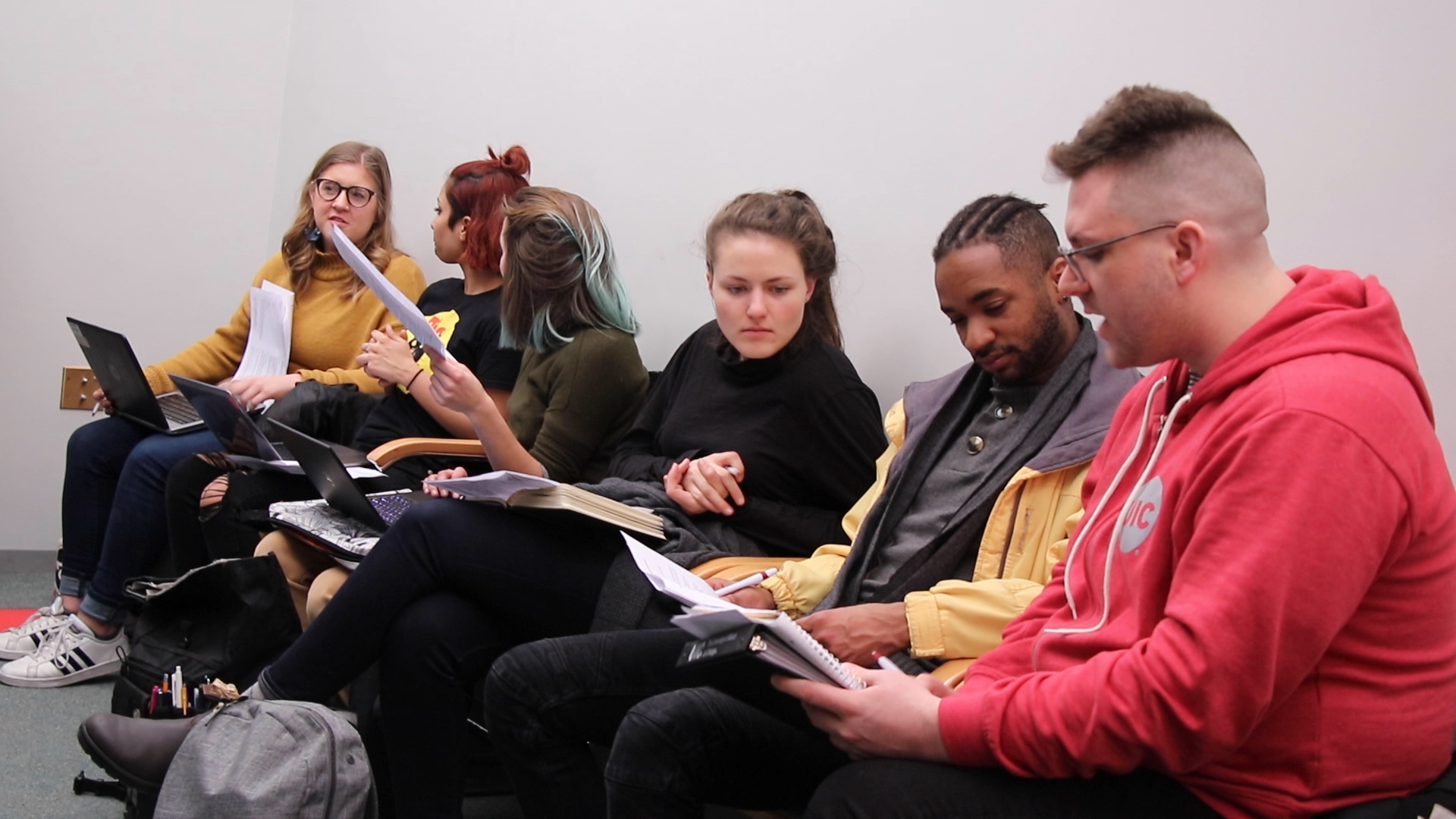
City Bureau
Award: $1.25 million
To expand and strengthen the national Documenters program, which creates accessible pathways for civic participation by training and paying everyday people to document local government meetings and share their findings with the public.
In partnership with dozens of organizations across 24 communities nationwide, Documenters has equipped more than 4,500 people with practical civic skills to participate in local government. Their work supports journalism investigations, policy advocacy, and community organizing efforts, while participants develop greater civic confidence and pursue careers in journalism, public service, and community leadership. Funding will help City Bureau strengthen the Documenters program’s infrastructure and expand it to additional communities nationwide.

Global Center for Journalism and Trauma
Award: $1.25 million
To strengthen mental health services for local journalists by scaling a program that will address a critical gap in their care.
Trauma and burnout critically undermine local newsroom capacity through the diminished performance of affected journalists, staff turnover, and lagging morale. The Global Center for Journalism and Trauma will train 45 clinicians to serve journalists across the U.S. by helping them understand the sector’s unique professional culture and challenges, deliver resilience training to local newsrooms, and develop industry-wide duty of care guidelines for news organizations.
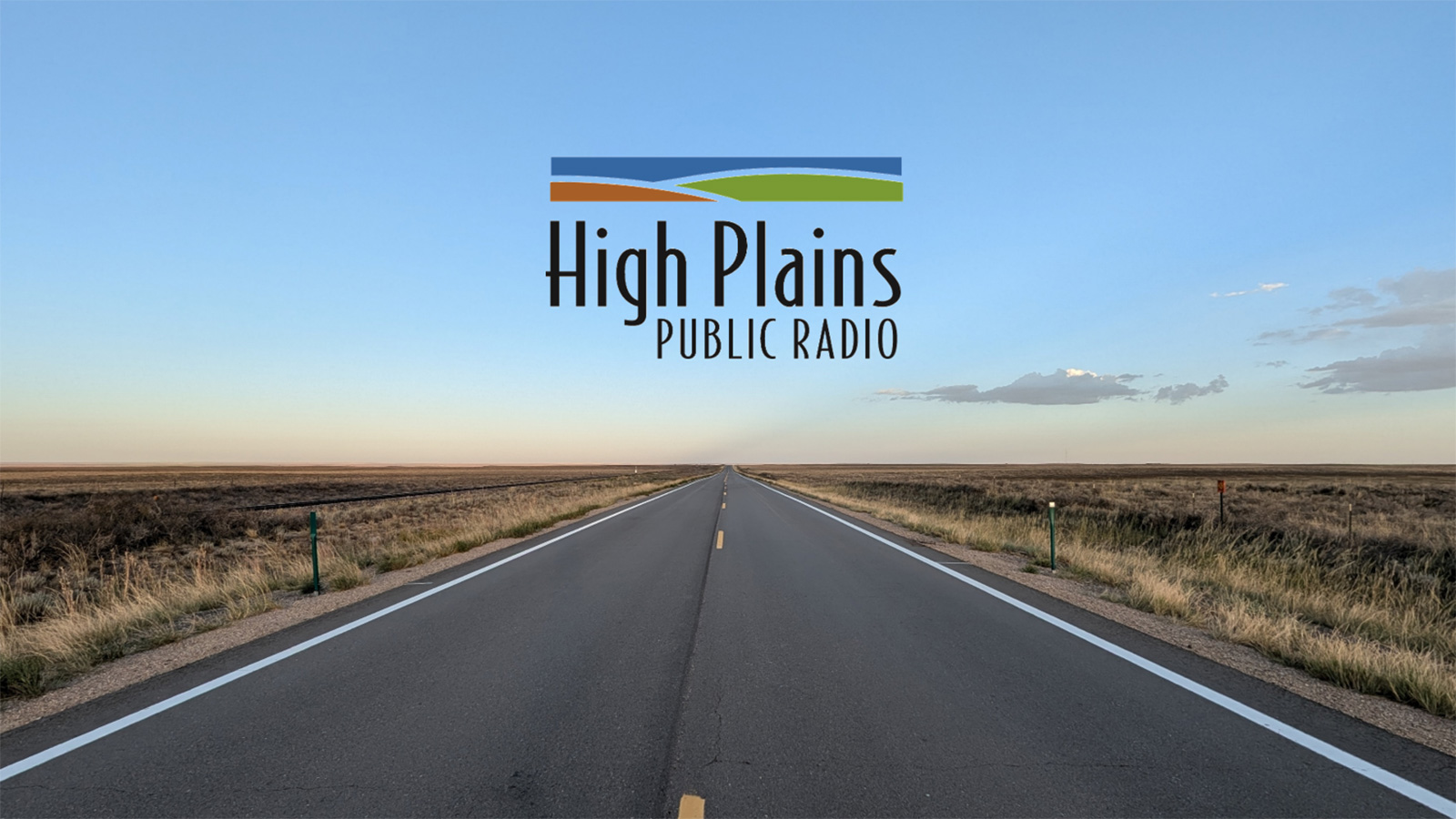
High Plains Public Radio
Award: $750,000
To launch the High Plains Civic Media Network (HPCMN), an audience-first, multi-platform, multi-format, regional news and information service for more than 600,000 adults across the High Plains region of Kansas, Texas, Oklahoma, Nebraska, and Colorado.
The media network will build a contributors network of community correspondents, topical experts, regional curators, regional reporters and public media partners, coordinated by a central editorial team. The initiative aspires to meet a wide range of rural audience information needs, interests, and perspectives and act as a scalable model for other rural areas.
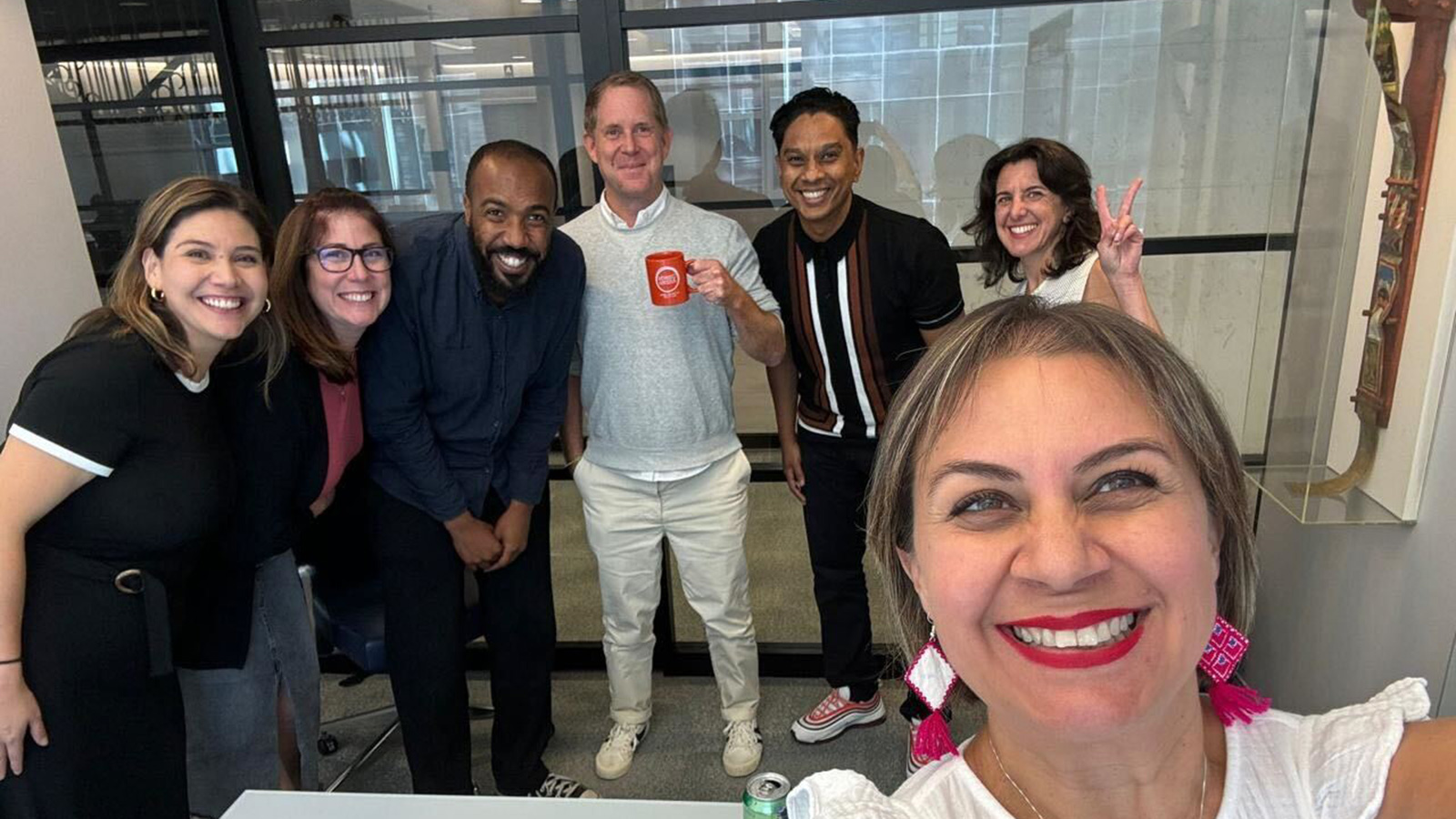
Immigrant News Coalition
Co-applicants: Documented, Sahan Journal, El Tímpano, Listening Post Collective
Award: $1.5 million
To formally launch the Immigrant News Coalition, which will test and spread effective revenue models for immigrant-serving newsrooms.
Across the country, immigrant-serving newsrooms have traditionally faced unstable revenue, resulting in 100+ ethnic news operations shuttering since 2020, according to Northwestern’s Local News Initiative. To help strengthen the sector, several successful news organizations will form a collaborative where existing proven revenue strategies are rigorously refined. The Immigrant News Coalition will create shared blueprints and case studies, providing a replicable framework to strengthen immigrant-serving journalism.
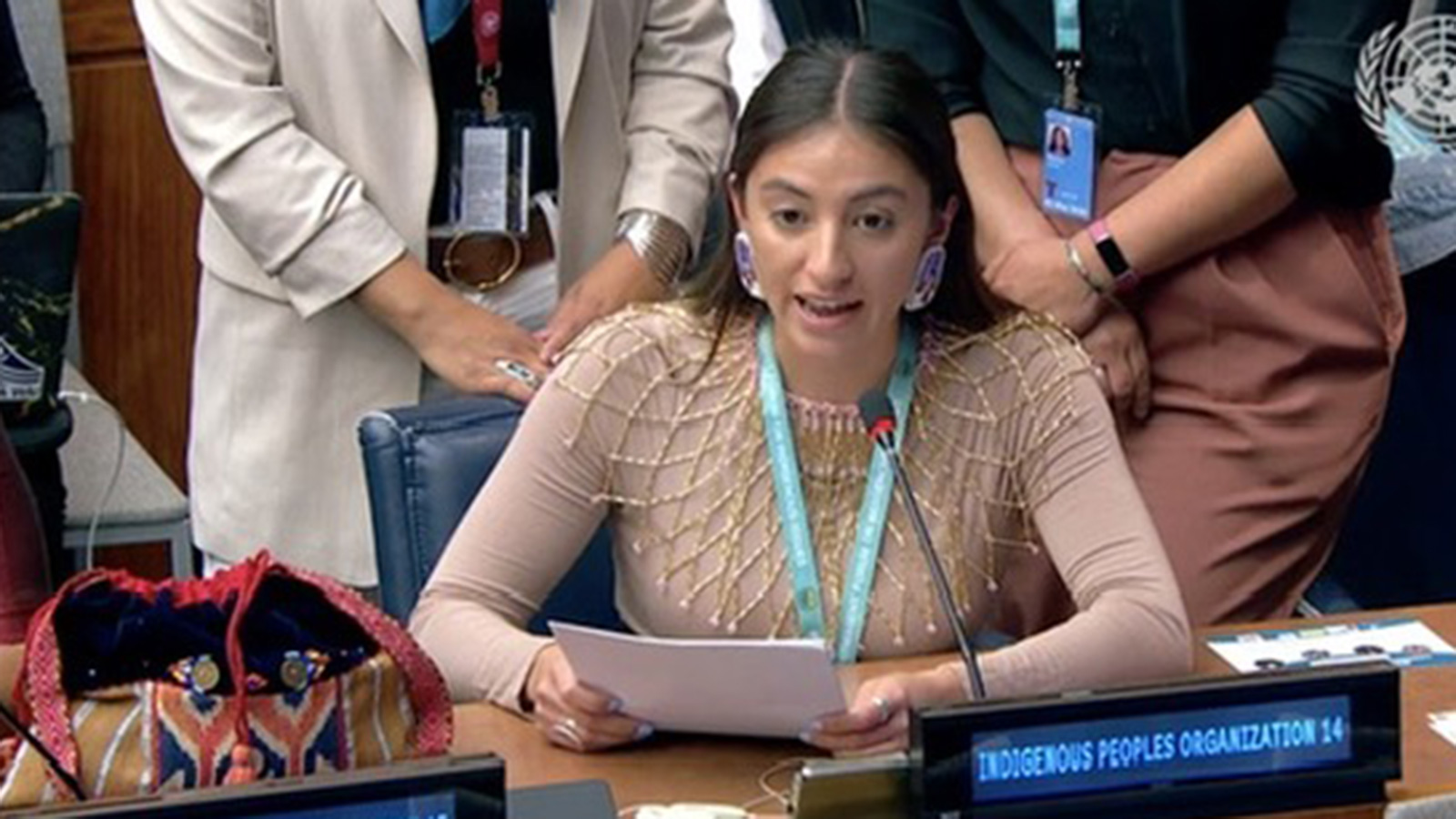
Indigenous Journalists Association
Award: $500,000
To expand its Indigenous Media Initiative, which addresses the vast underrepresentation of Indigenous people in U.S. media by improving coverage of these communities.
In the United States, less than .05 percent of newsroom employees are Native American. This lack of representation often results in little nuance and context in news coverage. The initiative will provide newsroom training, resources, and press freedom advocacy for tribal media serving Indigenous communities.
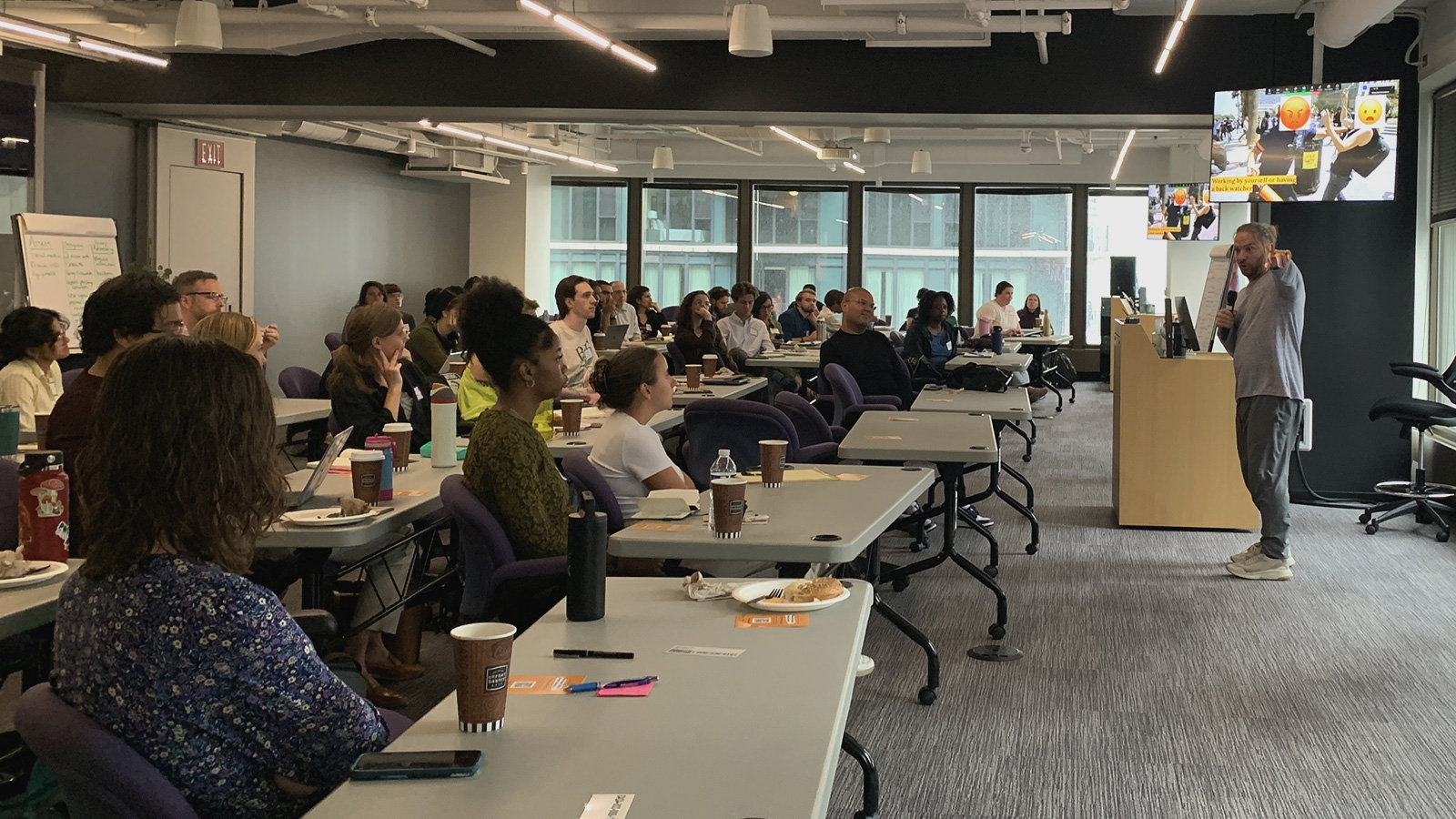
International Women’s Media Foundation
Award: $1.5 million
To establish a safety ecosystem within local newsrooms by scaling its Newsroom Safety Across America initiative that addresses the specific needs of newsrooms and journalists within their communities.
Journalists are subjected to increasing physical, digital, legal, and gender-based threats and violence simply for doing their job, IWMF research has found. The organization’s safety initiative, launched ahead of the 2024 election, will expand to provide this holistic training to 3,000 media workers of all genders, implement formal safety policies in newsrooms, and develop regional Safety Ambassadors who will serve as a dedicated resource in their communities that helps support and build safety infrastructures in local newsrooms.
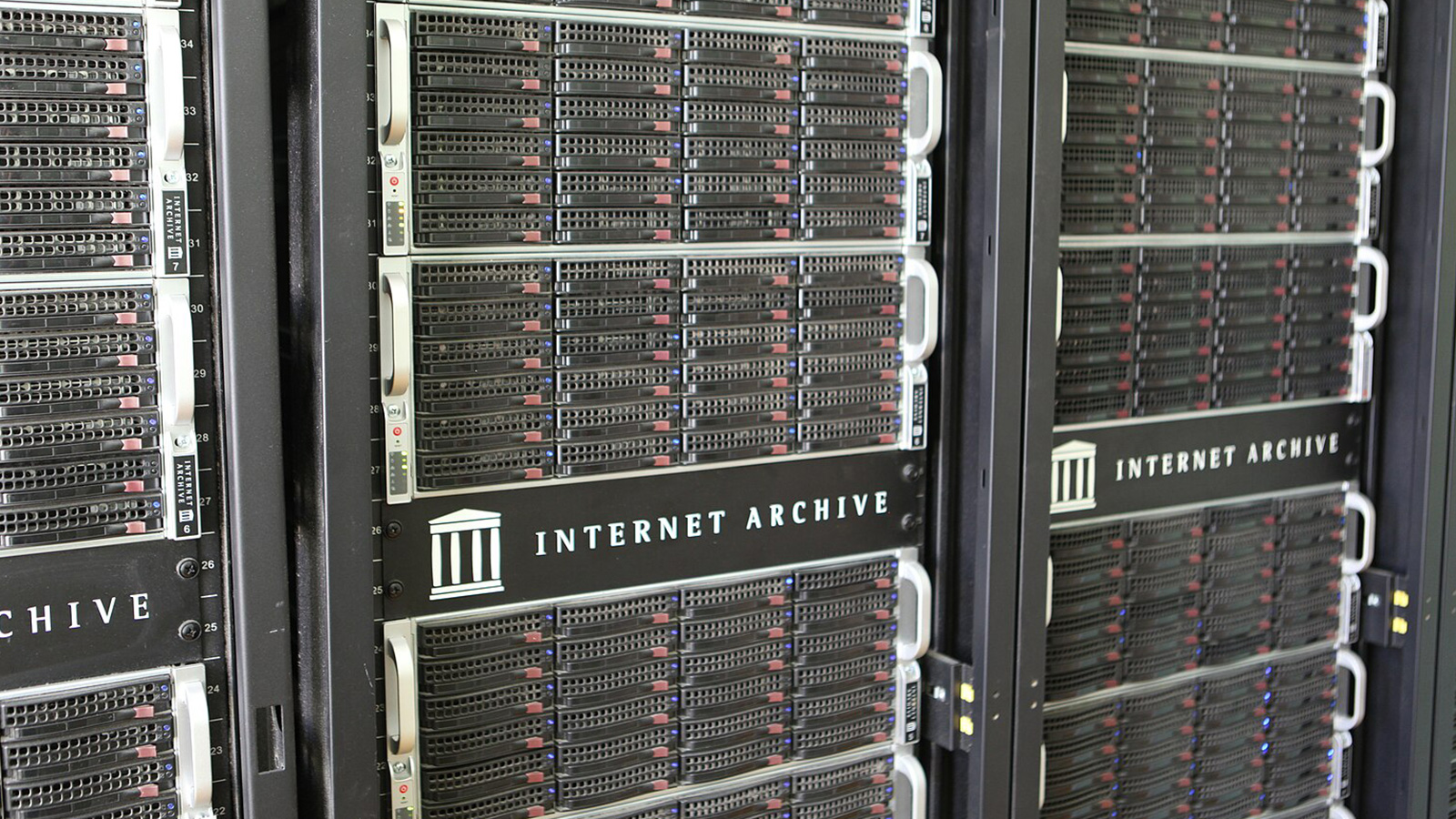
Internet Archive
Co-applicants: Investigative Reporters and Editors (IRE), Poynter Institute
Award: $1 million
To develop a national program that preserves vital local online news content that often goes offline when a publication ceases to exist.
As the first draft of history, local news published today will be needed by tomorrow’s journalists, scholars, and everyday residents. However, no infrastructure exists to ensure the preservation and access of news published online or in digital formats. “Today’s News for Tomorrow” will develop a national program that enables newsrooms and journalists to preserve their digital assets to support both immediate internal needs and communities’ future information needs. Funding will help train 300 newsrooms and journalists who will receive Internet Archive’s web archiving, digital preservation services, and training at no cost.
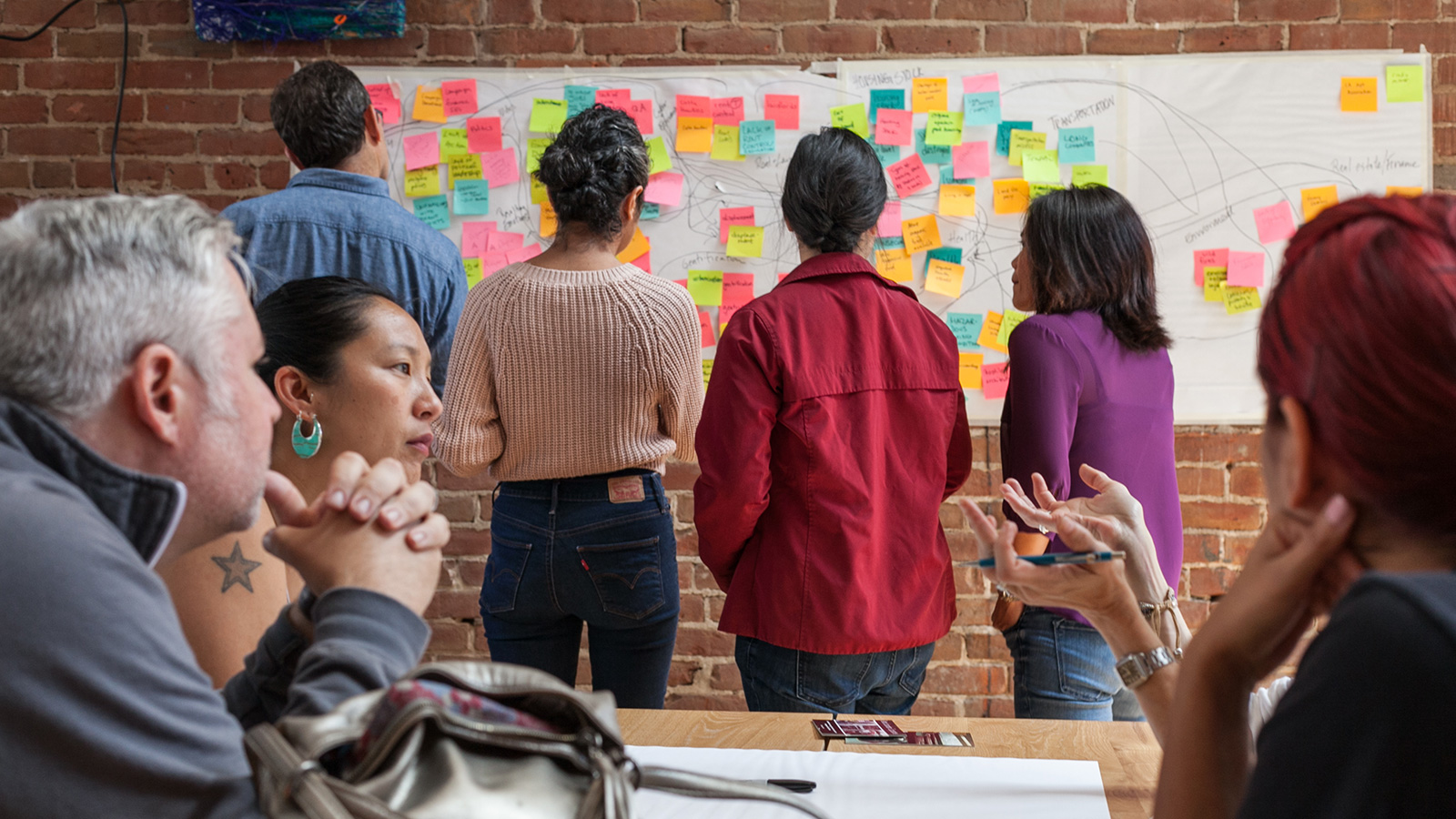
Journalism + Design Lab at The New School
Award: $1.5 million
To weave community colleges into local news infrastructure and build pathways for more people to share, discuss, and act on the news.
The Journalism + Design Lab’s initiative will position community colleges in New Jersey, New Mexico, and Ohio as hubs for local news, forging partnerships with newsrooms that expand their capacity to meaningfully engage their communities. This work builds upon the J+D Lab’s track record of co-creating journalism projects with community colleges across the country, trusted institutions that already serve people often overlooked by traditional media.
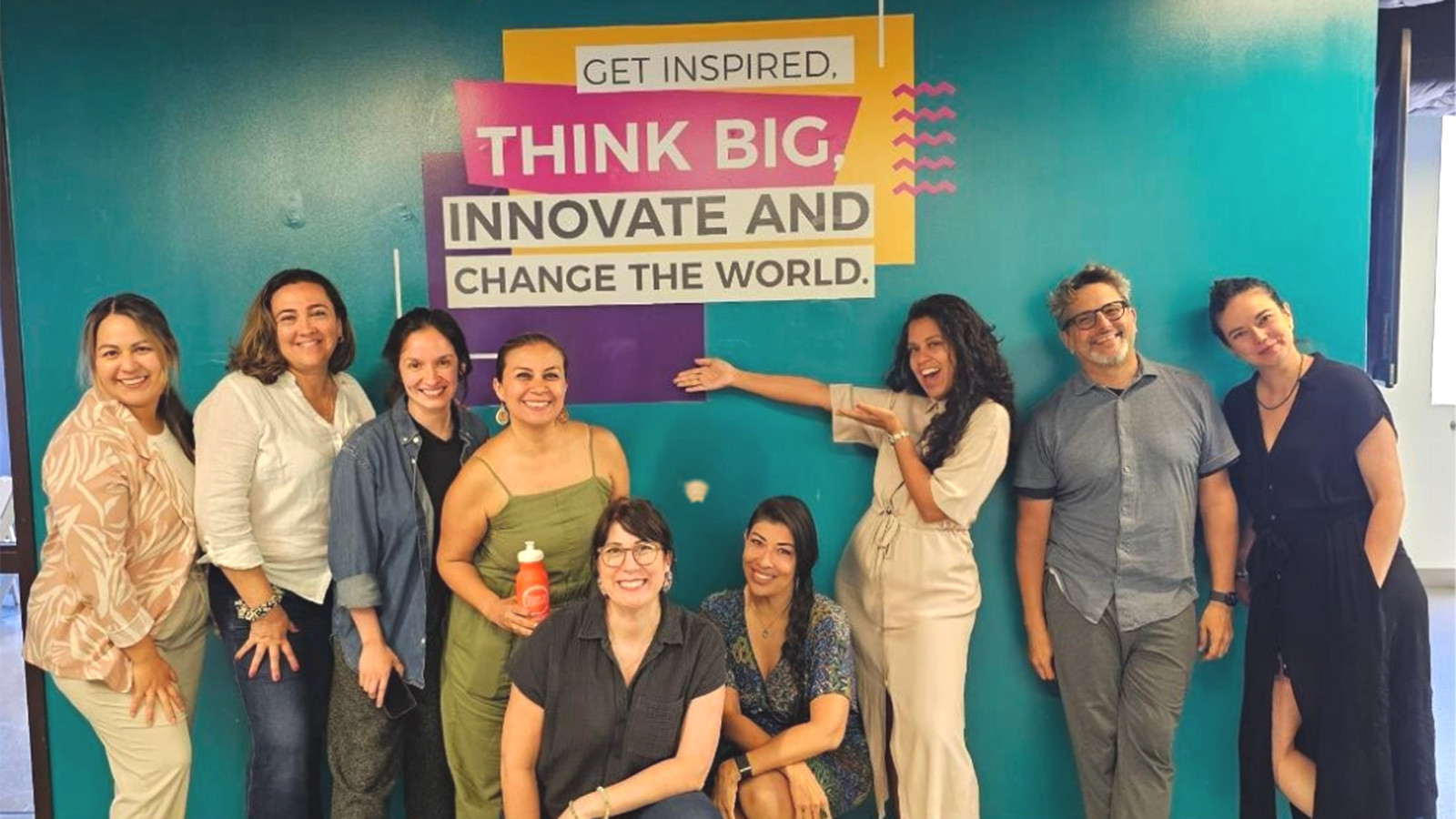
Latino Media Consortium
Award: $750,000
To support local Latino-serving outlets in reaching sustainability and growth through direct funding, capacity-building assessments, and professional support services.
Latino-serving media is disproportionately impacted by the financial crisis in local news, resulting in too many Latinos in the U.S. left without the essential culturally informed English, Spanish, and bilingual news and information they need to make decisions about their lives and communities. Led by experienced news and media professionals, the Consortium helps strengthen Latino-serving publications by identifying their needs and providing them with impactful grants, along with professional support services, to improve their operations.

LION Publishers
Award: $1 million
To strengthen newsroom business operations by providing expertise in financial management and human resources.
LION has produced Sustainability Audits for more than 350 newsrooms, many of which are diagnosed with the same core issues with their finances and HR policies. LION developed the pilot Sustainability 360 to address these challenges by providing participants with free consulting services. Press Forward funding will provide financial and HR consulting services—up to 60 hours per organization—to as many as 80 independent newsrooms.
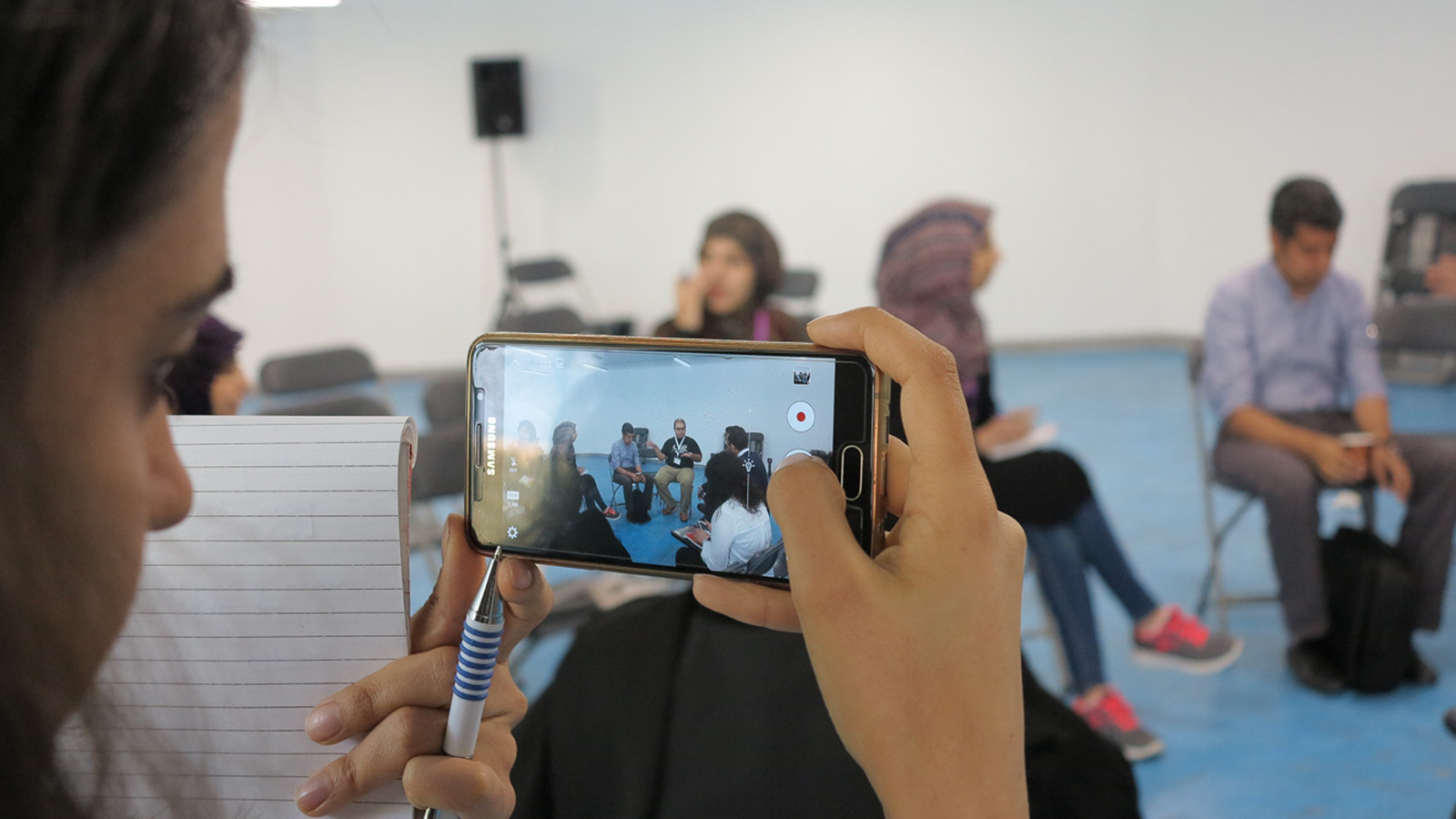
Meedan
Co-applicant: Deep South Today
Award: $1 million
To help newsrooms strengthen relationships with their audiences through AI-powered direct messaging
The newsroom-operated chatbots will deliver succinct answers to readers’ questions, solicit their tips and ideas, and offer them a pathway to reading full-length articles. Every response delivered will be drawn from the newsroom’s archive and public data sources and provide citations with links allowing readers to learn more about the issues.
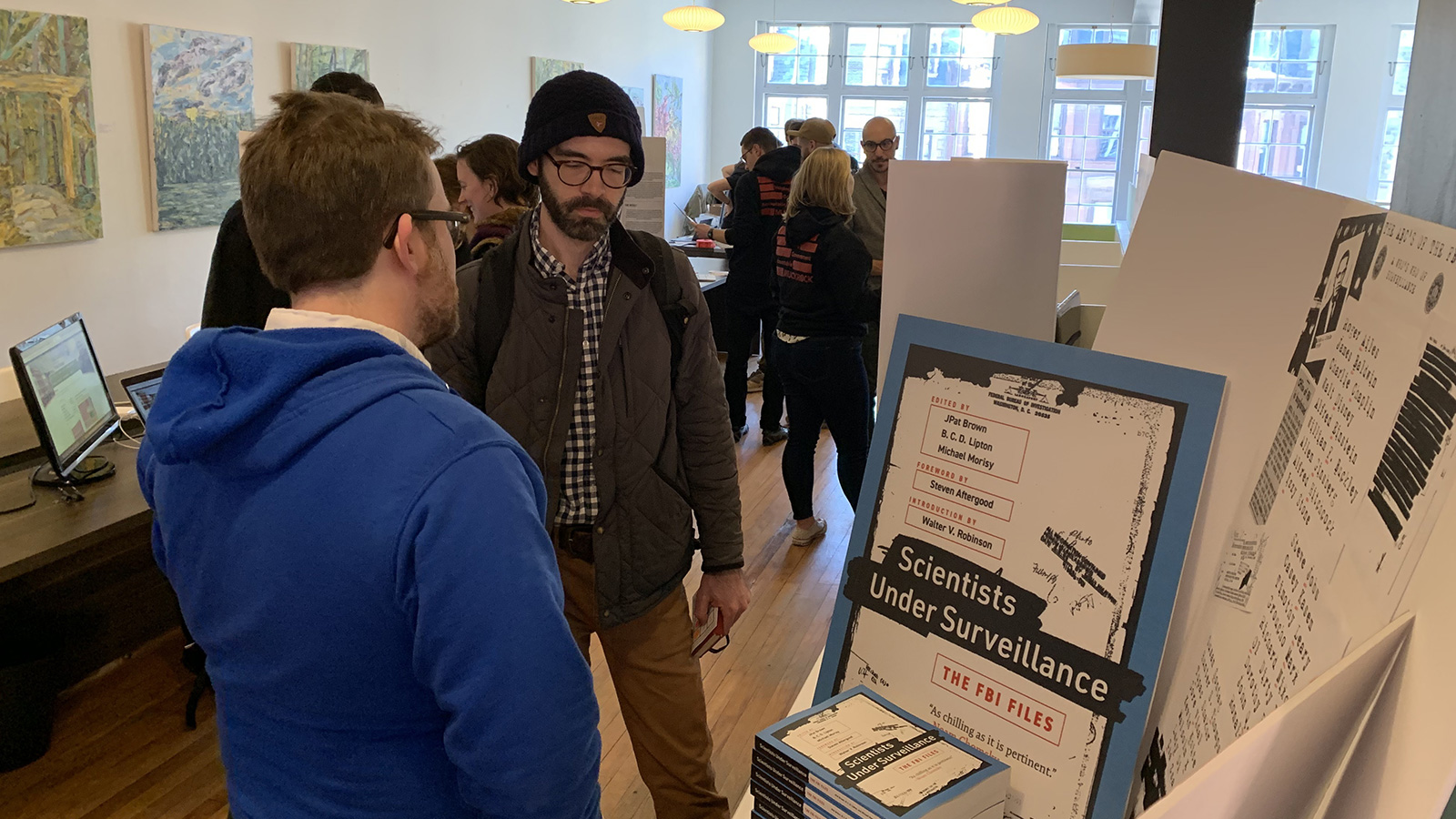
MuckRock Foundation
Co-applicants: National Freedom of Information Coalition and Reporters Committee for Freedom of the Press
Award: $1.25 million
To create the Transparency Network, which aims to equip local journalists with AI-powered tools and human expertise to improve access to public records.
Journalism relies on public records, but transparency laws are weakening nationwide. The Transparency Network, which will bring together organizations across nearly every state, will give journalists instant access to the knowledge of the country’s foremost records experts through AI-powered tools and direct access to advisors.
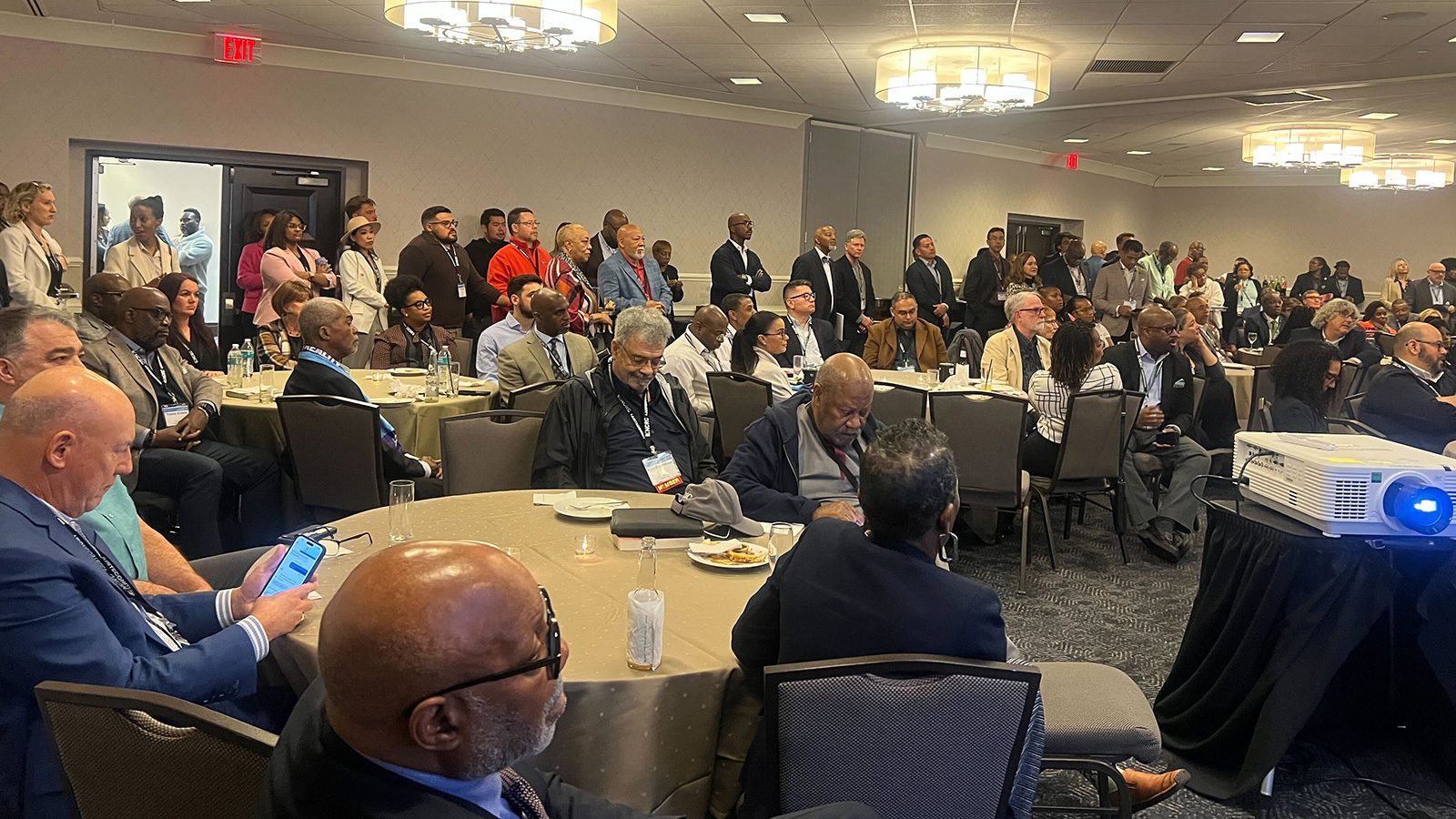
NCRC Community Development Fund, Inc.
Co-applicant: URL Media
Award: $1.25 million
To expand its Media Resilience Fund, a loan program offering low-interest, flexible financing to local news outlets, particularly those in underserved communities.
Local news organizations often struggle to access sustainable financing, as traditional lenders view them as high-risk. An expanded Media Resilience Fund will provide accessible, low-interest financing to local news organizations, so outlets can hire revenue-generating personnel, expand coverage, manage cash flow, and implement new business models.
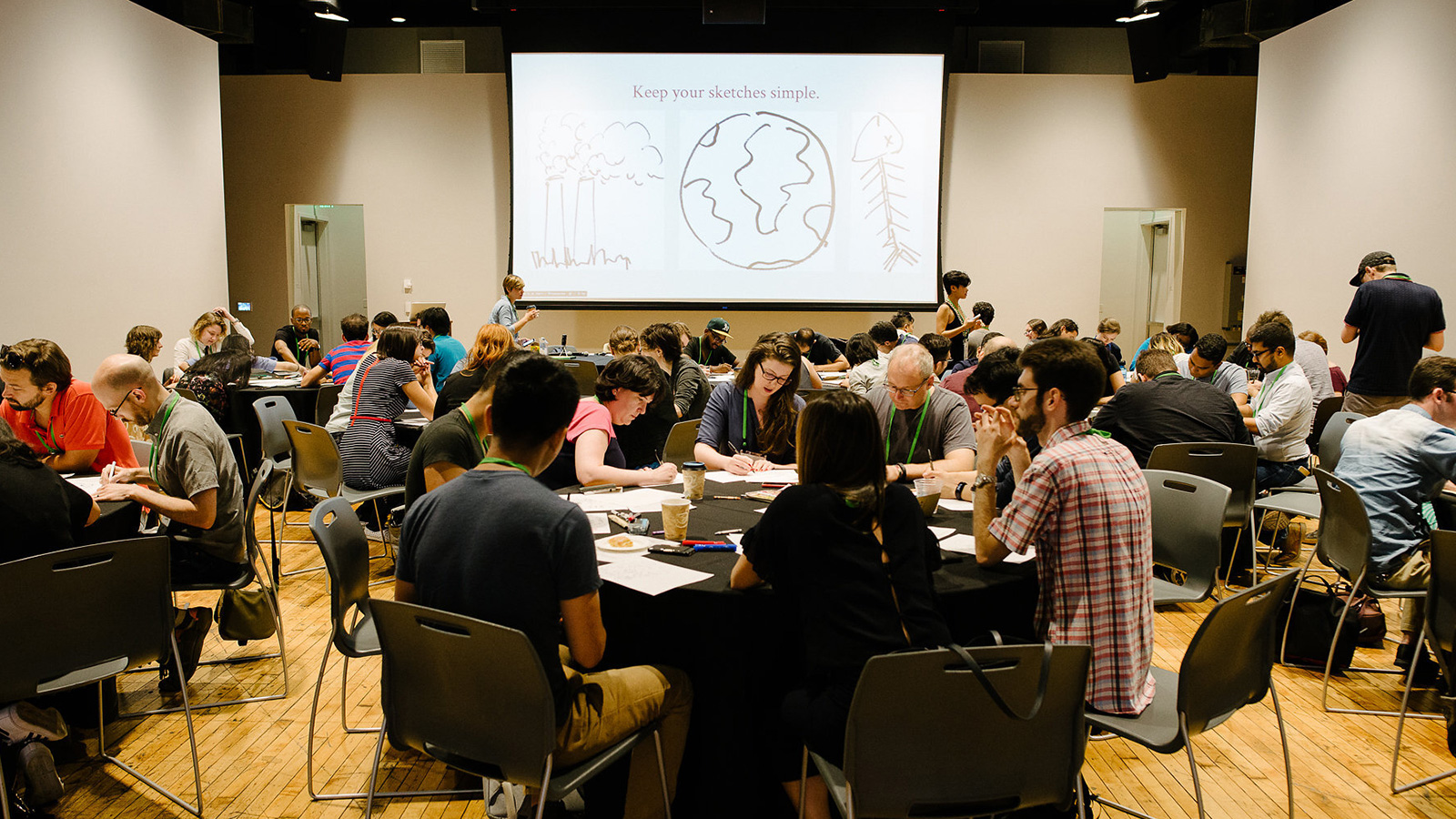
OpenNews
Co-applicants: Newspack, NC Local
Award: $1.2 million
To create “Emergency Mode for News,” which equips local newsrooms with a plan and support to keep their communities informed when disasters happen.
Local news organizations are critical lifelines during disasters. This project builds on lessons NC Local and others learned through reporting and collaboration during Hurricane Helene, incorporating those insights into a disaster reporting playbook. In addition, OpenNews will lead the development of a peer-learning program with a curriculum derived from the playbook and designed to promote relationship-building and mutual support before a newsroom goes into emergency mode. Newspack will advise on tools and techniques that newsrooms can adopt to respond to breaking news events and create open source software to help newsrooms publish breaking news and launch a fast-loading text-only site designed for areas without broadband access.
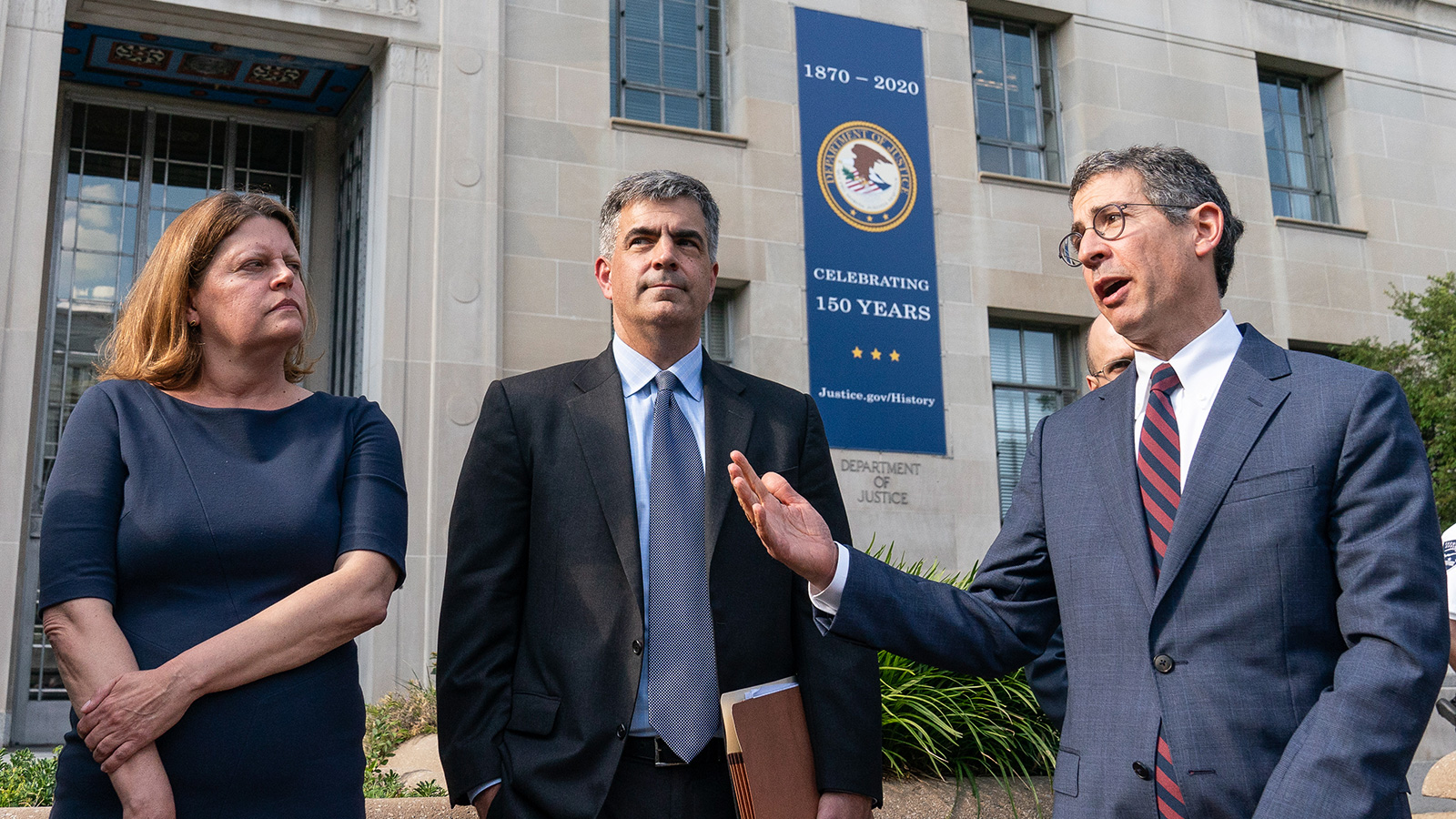
Reporters Committee for Freedom of the Press
Award: $1.25 million
To expand its Local Legal Initiative to Louisiana and Mississippi, providing direct legal support to local journalists with a focus on nonprofit and under-resourced newsrooms.
The program includes hiring in-state attorneys backed by national legal teams and offering pre-publication review, litigation support, and legal training. The model has proven successful in five states and is designed to fill a critical gap in legal protection for journalists in the South.
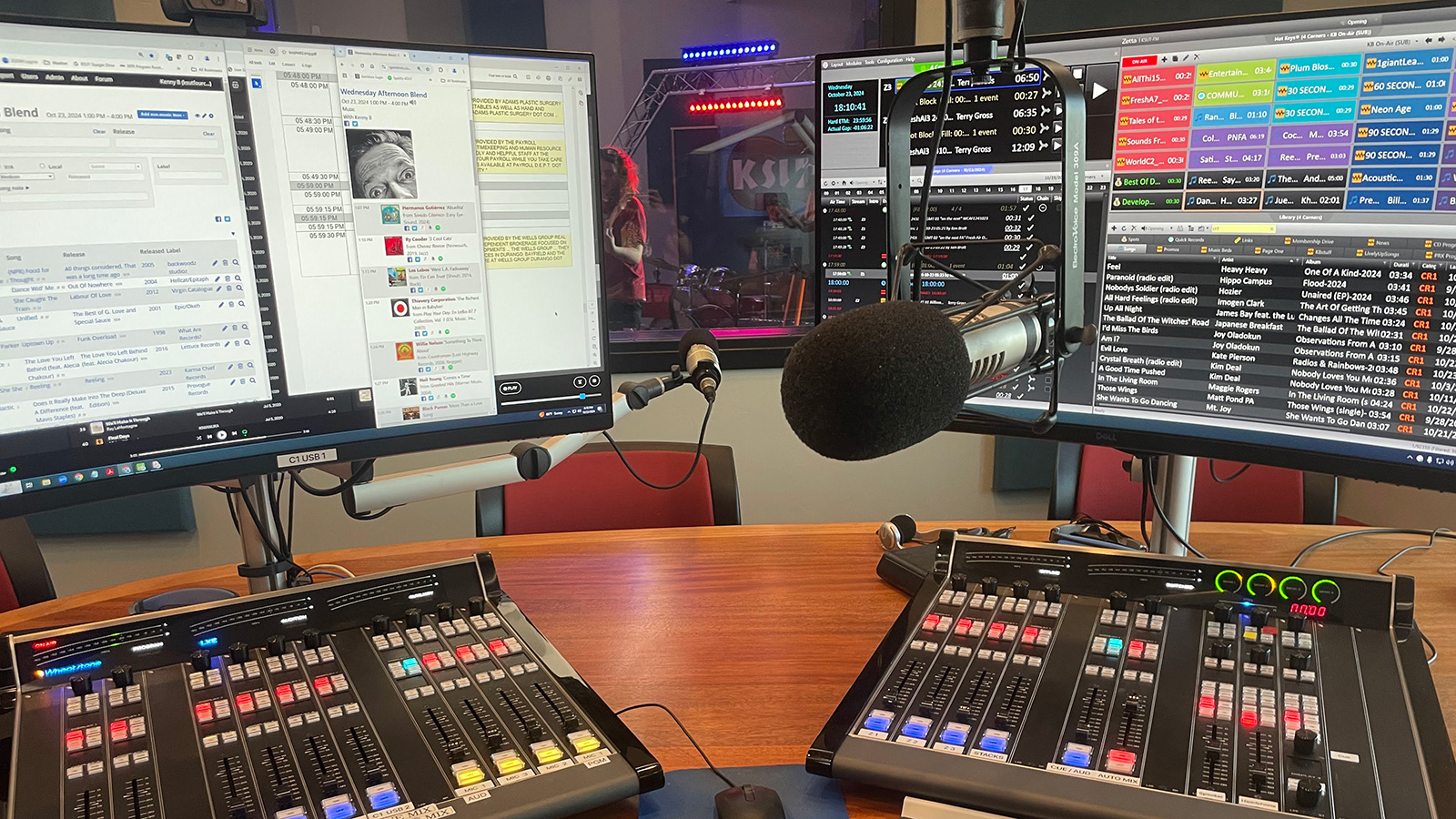
Rocky Mountain Community Radio
Award: $1 million
To create a shared engineering staff, providing the network’s 20 community radio stations across four states with access to mission-critical broadcast engineers.
The project addresses a shortage of broadcast engineers by hiring a shared staff in Colorado, New Mexico, Utah, and Wyoming, establishing an equipment pool for emergencies, and coordinating services across stations. The program will also develop an apprentice program to continue building the talent pipeline needed to run these stations.
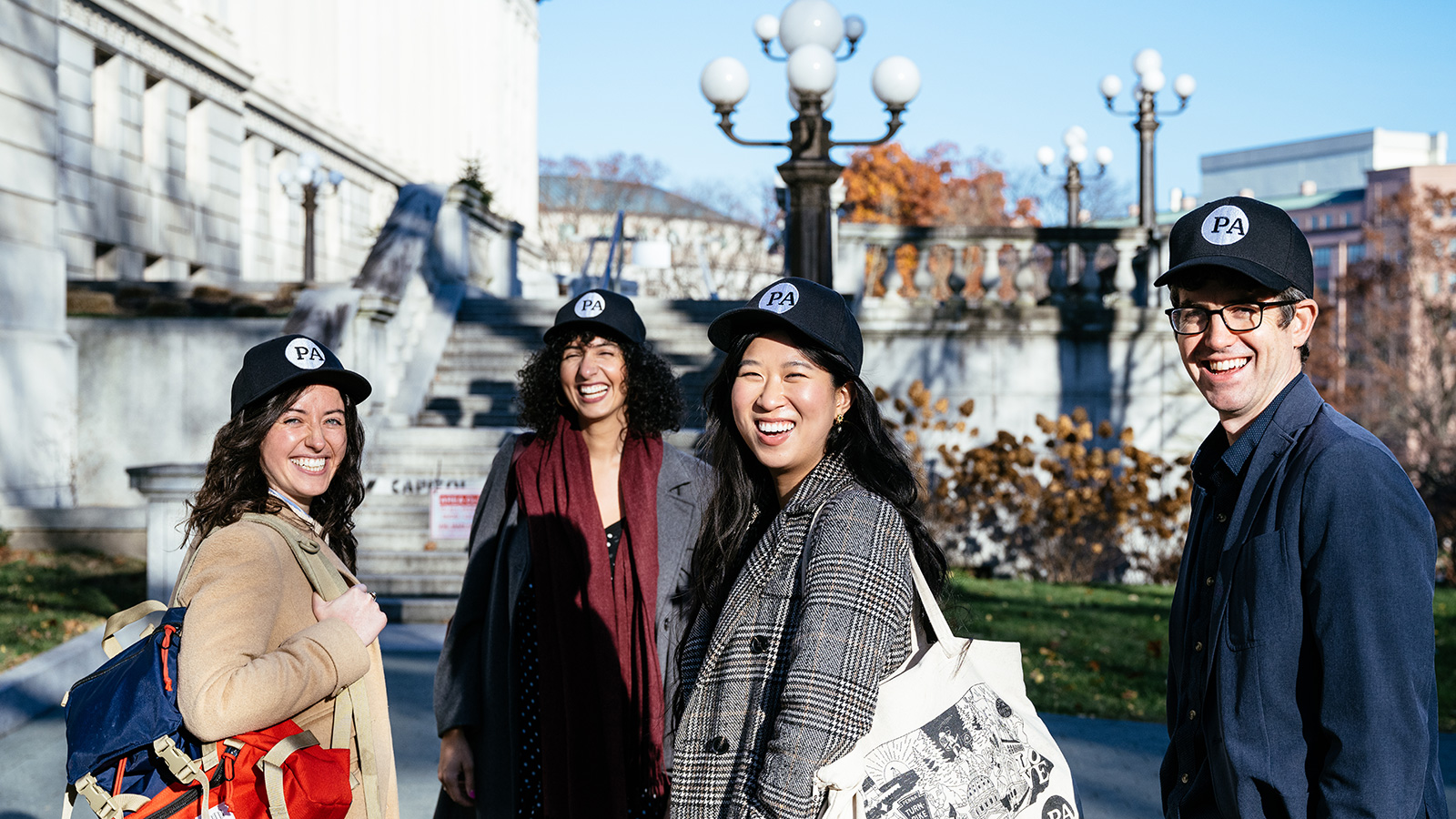
Spotlight PA
Award: $500,000
To produce high-quality investigative and public-service journalism for a network of TV partners that reach more than 10 million people.
In Pennsylvania, most local broadcast stations don’t have the staff or budget to produce in-depth, local journalism beyond day-to-day news developments. Funding will build on a pilot program to help the nonprofit newsroom Spotlight PA expand its reach by creating a centralized multimedia studio to better connect its high-quality journalism with people across the state — via television, social media, and other partnerships — and explore earned revenue opportunities to sustain it.

Start.coop
Co-applicants: Defector Media, Media Economies Design Lab, University of Colorado Boulder, Freelance Solidarity Project & National Writers Union
Award: $1.5 million
To provide worker-owned media collaboratives with back-office shared services, lowering their costs and increasing their sustainability.
This organization, which has supported cooperatives for breweries, hardware stores, and other sectors, will now bring its back-office support model to local news. Working closely with Defector, a worker-owned site that often receives inquiries about its model, Start.coop will help small newsrooms create a cooperative services hub that takes care of operations from HR to payroll, legal, benefits, and administration, saving outlets money and time.

Type Investigations
Award: $1 million
To expand its Springboard Project, which provides hands-on training in investigative reporting and fundraising support for newsrooms in historically marginalized communities.
Newsrooms often need additional resources to undertake investigative work, beyond one-off trainings and fellowships. Type’s program fills the gap by providing reporting and editing expertise, assistance with records requests, data analysis and fact-checking, and fundraising support to build long-term capacity. In addition to investing in individual reporters, Springboard resources the entire newsroom according to their needs.
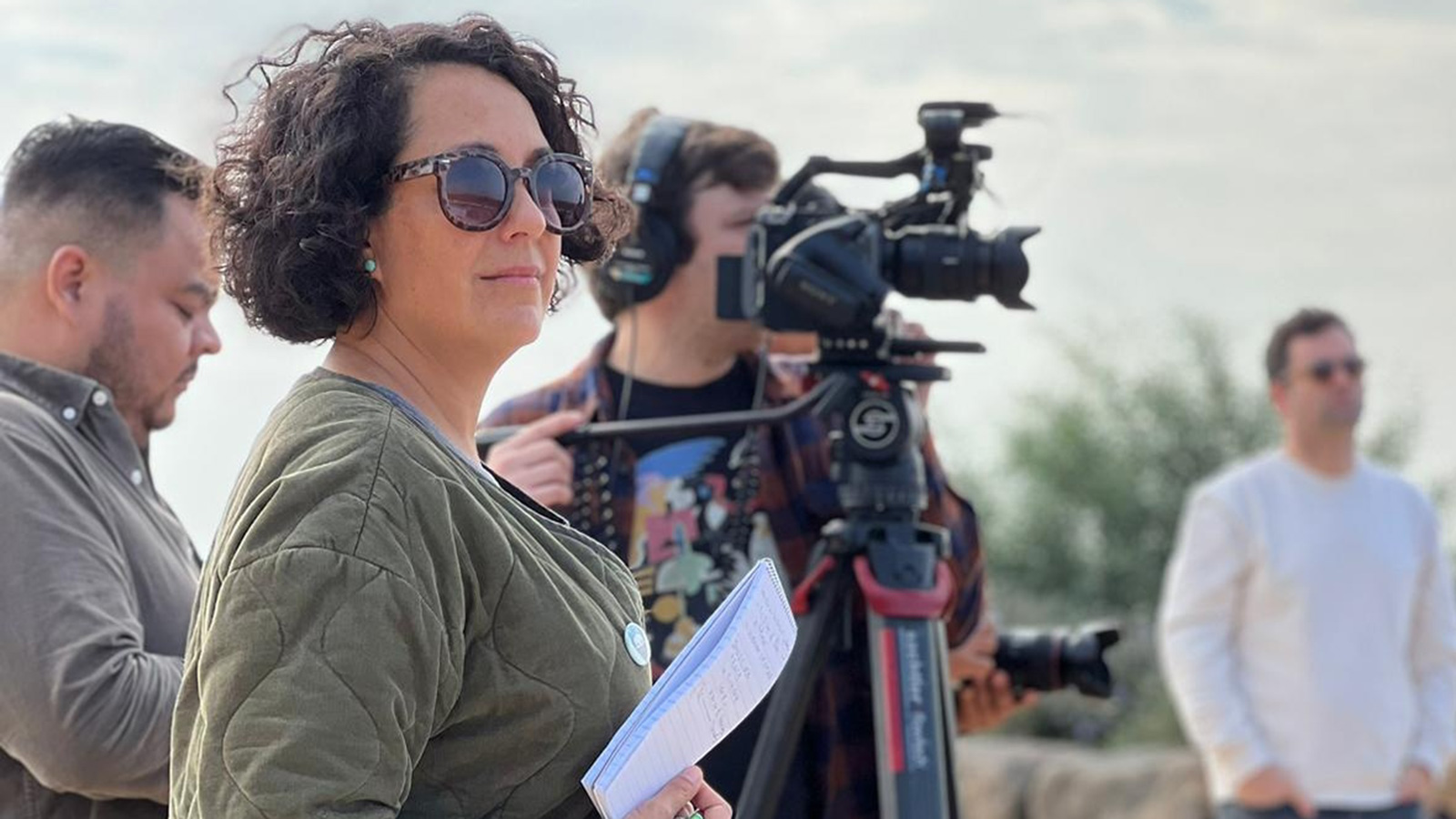
Vita Activa
Award: $500,000
To provide journalists and media professionals with mental health services tailored to their needs.
Journalists and media professionals face a unique intersection of challenges that can impact their mental health, from systemic inequities to financial instability and the emotional toll of advocating for their communities. The Media Resilience Network will address those issues by providing access to professional counseling services, peer support networks, skills-building workshops and virtual and in-person task forces.

Voces Internship of Idaho
Award: $500,000
To expand coverage for Latino audiences by professionalizing and expanding the Voces internship program across the state of Idaho
With funding, Voces will transform this volunteer-run effort by hiring paid staff, increasing stipends for interns, and extending its reach beyond the Boise area to cities with fast-growing Hispanic populations. The key to Voces’ success is strategic internship placements catered to each student and extensive career guidance from the organization.
